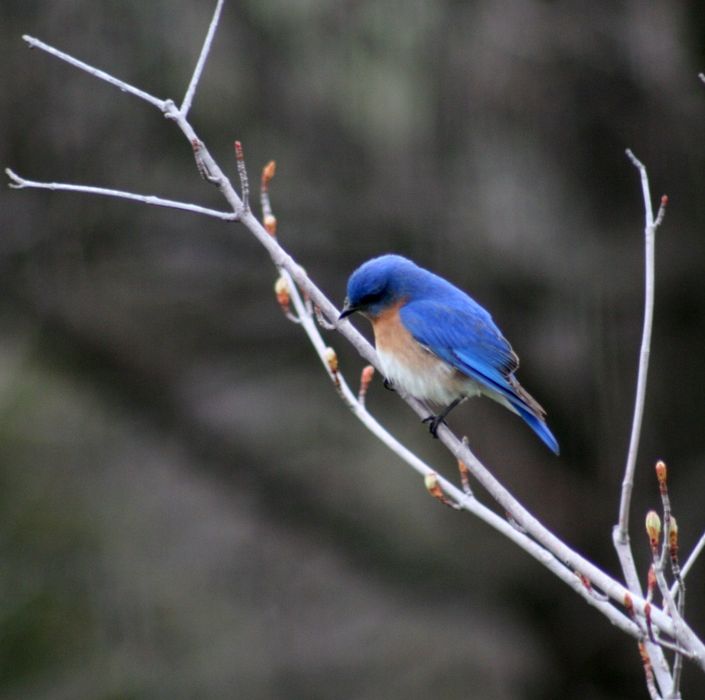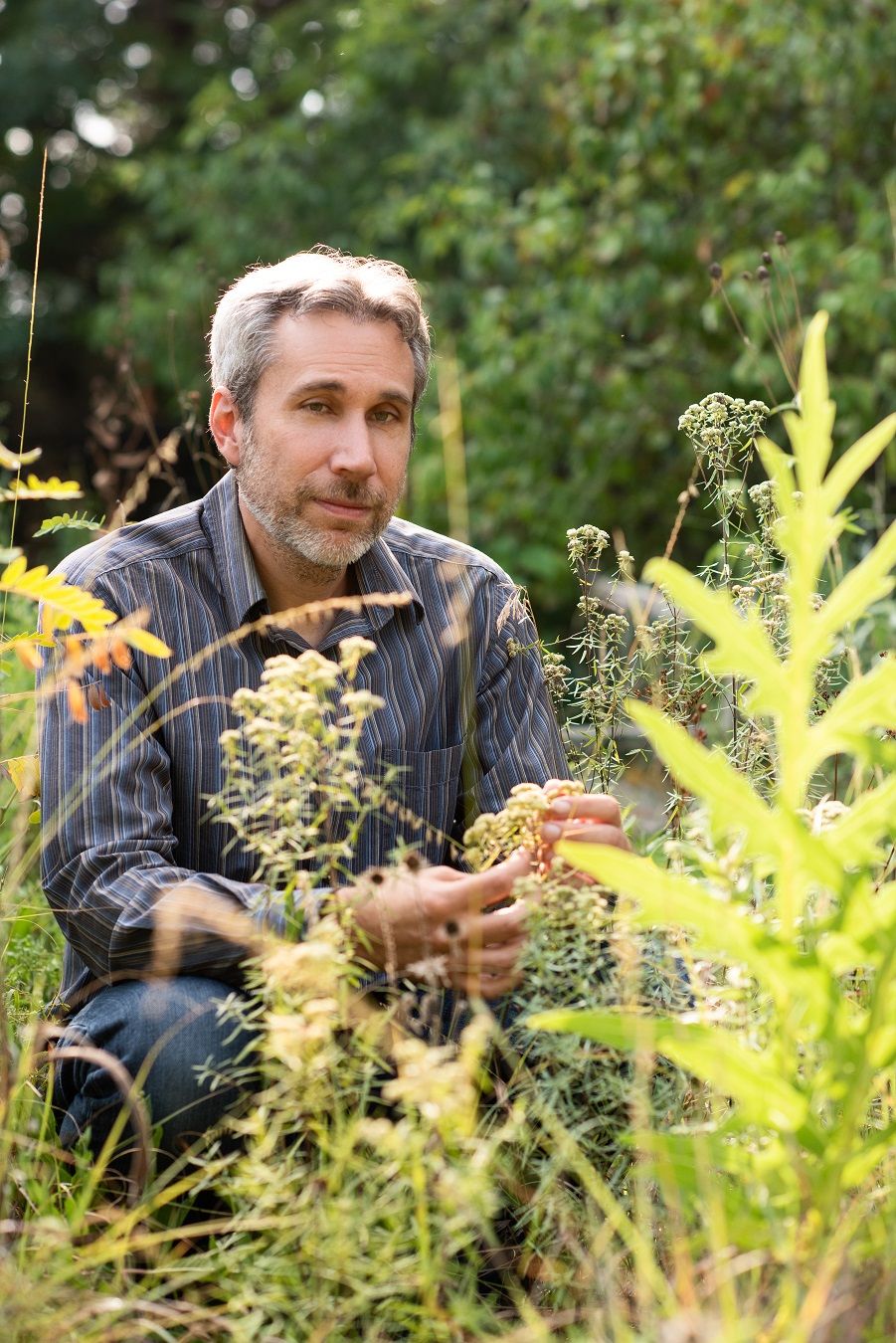
Designing For Wildlife & Sustainability
How to support biodiversity above & below the soil line while helping the environment
Are you wondering how to up your game by creating a healthier wildlife refuge at home while reducing your carbon footprint? This course is filled with dozens of step-by-step design strategies to support a diversity of wildlife while minimizing inputs (like sprinklers, fuel, and fertilizer), cleaning air and water, and improving the soil naturally by using more plants. We'll explore what specific groups of wildlife need, low-management landscape options, and glance at how plants can reduce a home's energy use while healing your family and neighborhood. Join award-winning author, speaker , and garden designe Benjamin Vogt on a sixty-minute journey to inspire and invigorate your landscape. You can make a difference for wildlife!
All sales are final and no refunds will be issued.
Class is self paced and remains online at the sole discretion of the author. You have unlimited access to the class as long at it remains online. Class and all material is the sole copyright of Benjamin Vogt (author) and can't be rebroadcast, transcribed, or shared in any way without the prior written permission of the author.
Your Instructor

Benjamin Vogt is owner of Prairie Up, formerly Monarch Gardens, offering garden design, online classes, workshops, webinars, and guidebooks. He is the author of A New Garden Ethic: Cultivating Defiant Compassion for an Uncertain Future, as well as Prairie Up: An Introduction to Natural Garden Design. His forthcoming book, Unlawning America, will be released by Timber Press in 2026/27. Benjamin’s work has been featured in Dwell, Fine Gardening, Horticulture, Midwest Living, the New York Times, and The Wall Street Journal. He is based in Nebraska and works nationally.
Course Curriculum
Frequently Asked Questions
"I liked how he connected what we do in our gardens to the overall health of our ecosystem. He provided facts I hadn't heard before and I walked away from the presentation inspired to make changes."
"Wonderful! Combination of knowledge, wit, and alacrity of presentation.... So interested in his topic that he made me interested!"
"He did an outstanding job bridging practical gardening with the philosophy behind why we need native plants in our landscapes. He had great photos, statistics, and personal stories."
-- Gardens should be revolutions that wake us to our world. --

.jpg)